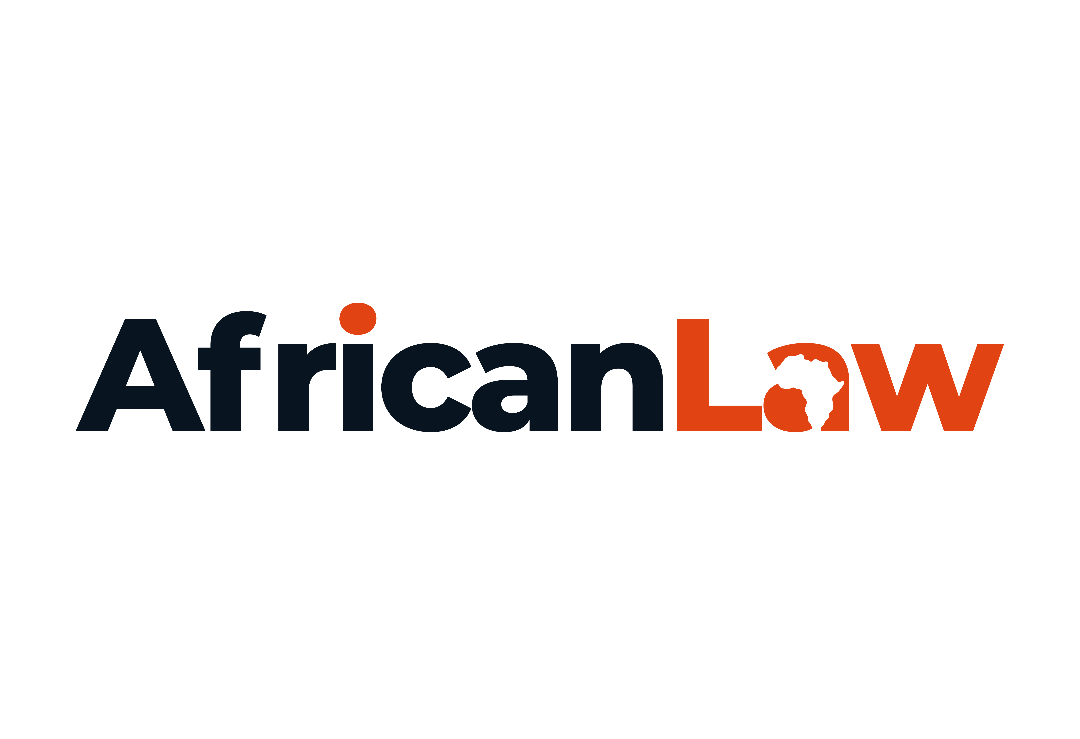Geographical Indications (GIs) by definition are signs used on products that identify them as originating from a particular place, where a given quality, reputation or other characteristics of the product are essentially attributable to its geographical origin. In order for a product to assume GI protection, the sign must identify the product as originating from a given place. In addition, the qualities or reputation of the product should essentially be attributed to the place of origin. Since the qualities are dependent on the geographical place of origin, there is a link between the product and its original place of production.
Geographical Indications act as a key element which helps producers to differentiate their products from competing products in the market and enabling them to build a reputation and goodwill around their products, which often fetch a premium price. A commonly used example is that of champagne which originated from a specific place in France and has been recognized as a product whose reputation for quality or authenticity is intimately linked to its geographical origin. The product has not only emerged as a major product in its export basket but also helps in the promotion of tourism and cultural heritage.
Considering the numerous potential geographical indications (GIs) in Ghana, it is high time that measures be put in place to implement the already existing Geographical Indications Act in order to protect specific products locally, regionally and internationally. A number of examples do exist, the cloth weaving patterns of Kente which (besides their symbolism, cultural and traditional meanings) are unique and attributed to the Akan group in the southern part of Ghana, the traditional beautiful Ghanaian Smocks associated with people in the northern part of Ghana, Shea butter (with host of medicinal benefits) and coffee, handicrafts such as beads, largely produced by the Krobos in the southeastern region of Ghana and local baskets and hats from the Bolgatanga region of northern Ghana. All these must be considered under geographical indication protection to extract more economic value and benefits. The economic importance of these products cannot be underestimated in view of their significant contribution to the country’s GDP through exports and branding of our country in the international market. Ghana Export Promotion Authority has more statistics on the economic contribution of these potential geographical indication products.
What needs to be re-emphasized and negotiated is the hastening of the process to provide a formal protection regime for these products to enjoy equal treatment as potential geographical indications, where their contribution can be appropriately recognized and also benefit the respective communities. A sound geographical indication system will not only protect the products from misappropriation but the country’s cultural heritage, traditional knowledge and innovative skills in making such unique products.
At a global level, the subject matter of geographical indication protection has gathered impetus with the recognition, under the World Trade Organization’s agreement on Trade-Related Aspects of Intellectual Property Rights (TRIPS) of GIs as a form of Intellectual Property Rights. This adequately enhanced the marketability of these products, and demonstrated that geographical indications have great potential to play a major role in trade between countries. This further increased the commercial significance of GIs which many developing countries including Ghana have not done enough to reap the economic benefits of GI protection.
Article 22 of the TRIPS Agreement, which forms the centrality of GI protection provides for a general level of cross-border protection of GIs in the course of trade. The same protection is extended to Ghana and other developing countries. However, what distinguishes developed countries from developing countries such as Ghana is the special provision under Article 23 of the TRIPS Agreement for the protection of GIs in the form of wines and spirits. The major proponents of this kind of protection were the European countries with their very long tradition in making of wines and spirits. This special treatment to wines and spirits appears to be developed country-centric. A group of developing countries, including Ghana, have raised this issue in the Doha Round of discussions and in the recent meetings at the WTO. They are advocating for the same higher level of protection for all products regarded as GIs as provided for under Article 23 for wines and spirits.
Many handicraft products such as baskets, ceramics, beads, hats, pottery, among others should be considered as GIs in Ghana. Many food products and agricultural products such as cashew nuts, dawadawa (African locust bean), and coffee could also be considered as well. It should be noted however that the benefits of geographical indication protection is actually realized only when these products are effectively marketed and protected against illegal copying and misappropriation. Effective marketing and protection requires quality assurance, brand creation, post-sale consumer feedback and support and most importantly monitoring and enforcement. Therefore, registration is only the initial step towards the creation of an economically valuable niche market for the GI products. Furthermore, significance of this protection has to be valued and recognized in the domestic market before international protection becomes relevant.
However, for internationally recognized products like Darjeeling tea, which has an expansive export market, international protection is of crucial importance. Geographical Indications have huge potential to be Ghana’s economic growth engine if properly constituted. Policy-makers need to pay more attention to this important aspect of industrial property and negotiate harder to accord Ghanaian GI products their true value both on the domestic and international market.

















